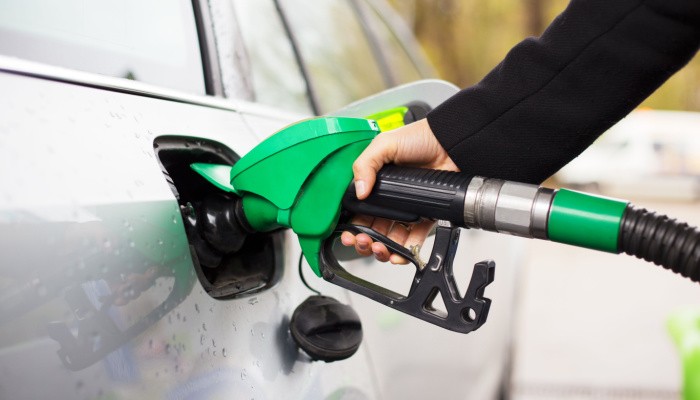With so much upheaval around the mini-budget and Autumn Statement at the end of last year, some of the details that would usually have been published with the Statement took some time to emerge. This included information on the fuel benefit charge for company cars, which arrived in a bulletin from HMRC three weeks late.
This tax applies to employees whose job requires the use of a company car or van that can also be used outside of work hours, with fuel paid for by their employer – which HMRC classifies as ‘free fuel’ and therefore a taxable benefit. If the employer doesn’t subsidise the benefit, it will cost the employee, as the tax still needs to be paid.
The fuel benefit charge for company vehicles has been updated annually in line with the September Consumer Price Index for several years now, so the anticipated figure of 10.1% based on the CPI published in October turned out to be correct. This blog explains the changes to the fuel benefit charge from April 2023 and how this may affect employees and employers.
Fuel benefit charge rates for 2023
The changes in fuel benefit charge rates between 2022–2023
and 2023–2024 are as follows:
- Car fuel benefit charge multiplier – increasing from £25,300 to £27,800
- Flat-rate van fuel benefit charge – increasing from £688 to £757
The taxable value of your company car’s ‘free fuel’ for the next tax year will be calculated by multiplying your car’s scale charge percentage by £27,800. The percentage to multiply it by depends on the vehicle’s CO2 emissions bracket.
As an example, an employee with a company car that runs on petrol with emissions of 125–129g/km (grams per kilometre) would have a scale charge of 30%. The taxable value would then be £27,800 x 30%, or £8,340 added to their annual taxable income. If the employee pays higher rate income tax at 40%, then £3,336 of this would go to the Exchequer.
If an average petrol car costs 19.1p per mile to run, then the example employee would have to drive around 17,466 miles a year to use £3,336 worth of fuel. If the employee was driving less and spending less than this amount on company car fuel, then the fuel benefit probably wouldn’t be worth it, as they’d still have to pay the calculated fuel benefit charge.
Who is affected by the fuel benefit tax?
Though the rates have increased in line with inflation, there are no changes to the methods of reporting and enforcing the fuel benefit charge, so employees and employers will not need to make significant changes other than updating tax codes for PAYE if this is applicable.
Unfortunately, when it comes to taxation, a ‘free’ employee benefit is rarely actually free. Even with less harshly taxed vehicles such as electric cars, employees could face higher fuel benefit costs than expected. Similarly, employers who provide a company car as an employee benefit will have to pay Class 1A National Insurance Contributions (the most recent rate being 14.53%).
You can find out more about company car fuel benefits on the government website, and use the HMRC fuel benefit calculator to work out the taxable value if you don’t have the appropriate commercial software.
Alternatively, you can contact GBAC on 01226 298 298 to discuss our tax consultancy and cloud accounting services, and learn more about how our accountants in Barnsley can help you to manage taxes on employee benefits.
